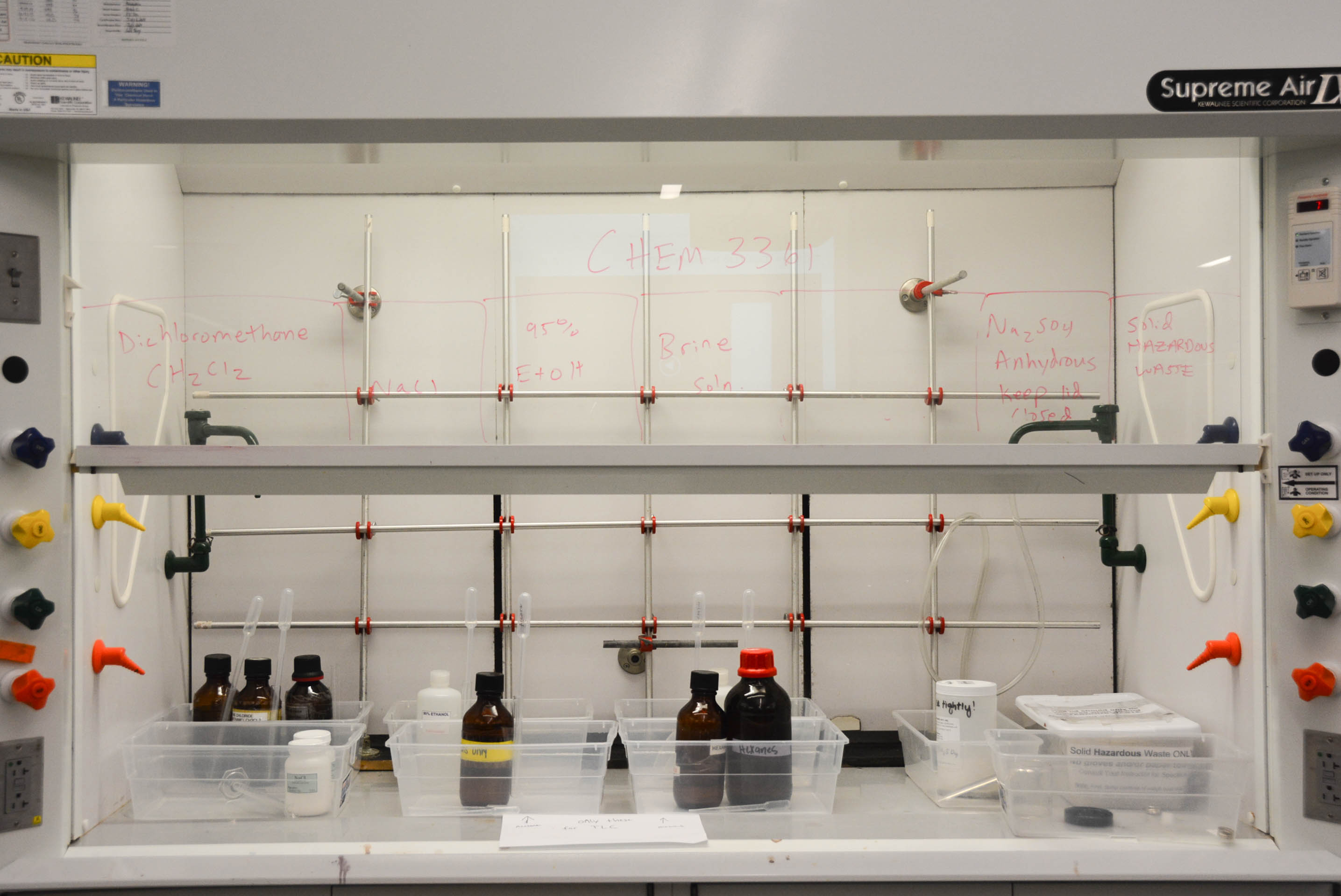The National Science Foundation will begin to implement a new term and condition on Oct. 22 that will take a step toward ensuring that the research and learning environments supported by the foundation are free from sexual harassment and assault.
The NSF published the final version of the new term and condition, titled “Notification Requirements Regarding Findings of Sexual Harassment, Other Forms of Harassment or Sexual Assault,” in the Federal Register on Sept. 21, according to its website.
The new term and condition will require that all awardee organizations report any findings and determinations of sexual harassment or assault to the foundation. It also requires that institutions create a secure online portal where people can submit harassment notifications, according to a news release.
The term and condition specifically states that the organization must report any findings that an NSF-funded principle or co-principle investigator on a research project committed harassment, and the institution must report if the principle or co-principle investigator on a project was placed on administrative leave or of any administrative action relating to sexual harassment or assault.
After the NSF is informed of any determinations of harassment or assault, the foundation will consult with the organization or institution to determine what action is necessary. The NSF may decide to substitute or remove a principle or co-principle investigator from a project or reduce award funding, and if neither of those options is available or adequate, the foundation announced that it may suspend or terminate awards.
“Throughout its history, NSF has served as a leader, supporting and shaping the U.S. research community,” NSF Director France Córdova said. “This action furthers that proud tradition and recognizes that, at times, the scientific community has not sufficiently protected all of its members.
“For the good of the U.S. science and engineering enterprise, this neglect must end,” Córdova continued. “This new policy is intended to provide targeted, serious consequences for harassers. It gives people tools to make harassment stop without disturbing others’ careers and lives.”
Dr. Donald McGarey, the interim president at KSU’s Office of Research, said that the new term and condition is likely a result of the media attention surrounding issues of sexual assault in the past year and the #MeToo movement that began in 2017.
“Certainly there were other prior cases, but the recent media exposure, public outcry and congressional demands resulted in action,” McGarey said.
McGarey said that he believes that other federal granting agencies such as the National Institutes of Health will follow the NSF’s lead.
McGarey explained that the NSF released a notice in February earlier this year, announcing the foundation’s zero-tolerance policy on sexual harassment. The NSF then posted a draft of the new policy in March and allowed a period of time for the public to comment on the draft. A finalized policy was later issued, and all awards and funding amendments made to existing awards after Oct. 22 will be subject to the new policy.
“NSF grants fit prominently into the external funds KSU receives to improve and enhance STEM education and training programs and for basic research,” McGarey said. “In regards to how it would affect KSU, it wouldn’t if KSU faculty do not engage in such behavior. However, if it does, NSF has the authority to take action by retracting its support.”
Dean of the College of Science and Mathematics Dr. Mark Anderson said that he believes KSU has a community standard and he believes all members of the community are held to that standard. He said that because of the standard set by KSU, the university will likely not be affected by the new policy.
McGarey said that if a KSU faculty member were to be put on administrative leave regarding sexual misconduct allegations or was found guilty of sexual misconduct, the university would report it to the NSF and KSU and the NSF would work together to determine how to move forward.
Anderson explained that there are currently 18 active grant awards provided by the NSF at KSU.
“Loss of NSF funding would be damaging, but I think the greater hurt would be to the victims of the sexual misconduct, and to the overall reputation of the university,” McGarey said.



